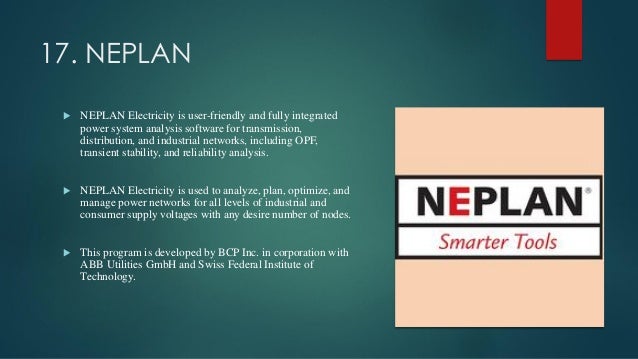

The World Health Organization (WHO) recommends at least four ANC visits since empirical evidence has shown that this is sufficient for uncomplicated pregnancies. Recently, the potential of the antenatal period for the prevention of HIV transmission from mother to child has led to renewed interest in access to and use of antenatal services. A key function of ANC is to offer health information and services that can significantly improve the health of women and their infants moreover ANC usage has a positive impact on the uptake of postnatal services. Millions of women lack access to adequate care during pregnancy.Īntenatal care (ANC) is an important determinant of safe delivery that can offer opportunities to encourage women to deliver with a skilled attendant in a health facility ultimately helping to reduce maternal mortality. Complications during pregnancy and childbirth such as haemorrhage, sepsis, spontaneous abortion, pre-eclampsia and eclampsia, and prolonged/obstructed labour are the leading causes of death and disability among women of reproductive age in developing countries.

81% of births take place at home, many without skilled attendants. Underutilisation of health services is one factor contributing to high maternal mortality, e.g. In Nepal, maternal mortality is estimated at 281 per 100,000 live births, which is one of the higher MMRs in the world. There are an estimated 281,500 maternal deaths worldwide each year, over 99% of which occur in the developing world and most are avoidable. Improving maternal health is the fifth of eight Millennium Development Goals (MDGs), aiming to reduce the maternal mortality ratio (MMR) by three quarters between 19. Health promotion and educational interventions to improve the use of ANC should target women, husbands and family members, particularly mothers-in-law where they control access to family resources. Understanding their role is important if we are to design and target effective community-based health promotion interventions. Mothers-in-law have a strong influence on the uptake of ANC in Nepal. Individual knowledge and social class of the mothers-in-law of users and non-users differed significantly, which is likely to have had an effect on their perceptions of the benefits of ANC. The main factors leading mothers-in-law not to support/encourage ANC check ups were expectations regarding pregnant women fulfilling their household duties, perceptions that ANC was not beneficial based largely on their own past experiences, the scarcity of resources under their control and power relations between mothers-in-law and daughters-in-law. Like many rural women of their generation, all mothers-in-law in this study were illiterate and most had not used ANC themselves.

Our findings suggest that mothers-in-law sometime have a positive influence, for example when encouraging women to seek ANC, but more often it is negative. In-depth interviews were conducted with 30 purposively selected antenatal or postnatal mothers (half users, half non-users of ANC), 10 husbands and 10 mothers-in-law in two different (urban and rural) communities. This paper aims to explore the mother-in-law's role in (a) her daughter-in-law's ANC uptake and (b) the decision-making process about using ANC services in Nepal. As in many countries of South Asia, mothers-in-law play a crucial role in the decisions around accessing health care facilities and providers. However, only 29% of pregnant women receive the recommended four antenatal visits in Nepal but reasons for such low utilisation are poorly understood.

Antenatal care (ANC) has been recognised as a way to improve health outcomes for pregnant women and their babies.


 0 kommentar(er)
0 kommentar(er)
